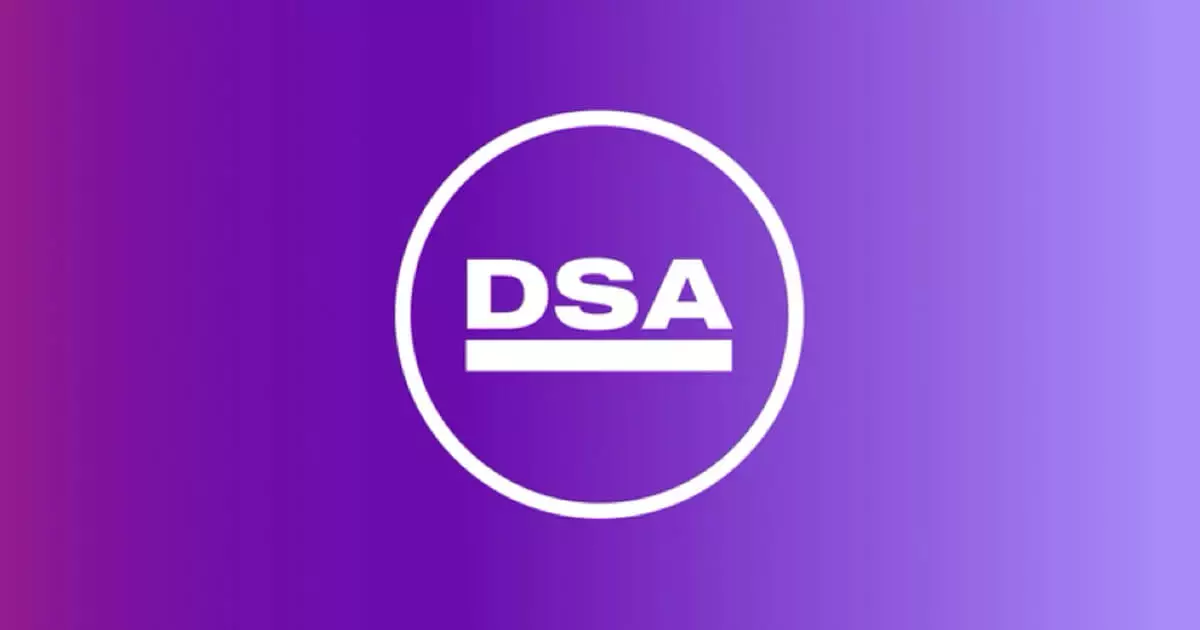In a world increasingly driven by technology, the need for robust governance and public understanding of digital innovations is more pressing than ever. On January 6, 2025, the Digital Sovereignty Alliance (DSA) emerged as a beacon for these contemporary challenges. This nonprofit organization aims to pioneer ethical public policies and foster an educated discourse surrounding the rapidly evolving realm of technology, particularly in decentralized systems, blockchain, cryptocurrency, Web3 innovations, and artificial intelligence.
As digital technologies continue to permeate every aspect of life, the complexities associated with their ethics have multiplied. The DSA recognizes that without a concerted effort to create policy frameworks that address these technologies responsibly, society risks falling prey to misinformation, exploitation, and inequitable benefits. This alliance aims to equip policymakers and the public with the nuanced understanding necessary to navigate the intricate landscape of emerging technologies effectively.
DSA’s mission flows from a fundamental belief in digital sovereignty — the idea that individuals and communities should have control over their digital lives and the data they generate. Adrian Wall, the Director of DSA, emphasizes that fostering informed discussions about these technologies isn’t just beneficial; it’s essential for the well-being of society. By instigating crucial, bipartisan dialogues, the DSA seeks to align technological advancements with public good, ensuring that as we progress, the fruits of innovation are shared equitably.
At the heart of DSA’s approach lies a commitment to rigorous research and dynamic educational initiatives. The organization plans to delve deep into the social impacts of blockchain and AI, not merely documenting their rise but critically assessing their implications on society at large. Through detailed studies and reports, DSA intends to illuminate various facets of these new technologies, pairing insights from industry experts with public needs and concerns.
Furthermore, DSA’s educational events will target a diverse audience, encompassing policymakers, technologists, and the general public. By fostering an environment of continuous learning and conversation, DSA aims to cultivate a tech-savvy society capable of making informed decisions about the digital tools and frameworks that govern their lives.
Collaboration stands as a cornerstone of the DSA’s mission. By forming partnerships with stakeholders across various sectors, including academia, industry, and civil society, the alliance aims to create a comprehensive framework that nurtures innovation while ensuring compliance and transparency. A notable supporter of this initiative is the TRON DAO, an entity known for its commitment to decentralizing the internet.
Justin Sun, the founder of TRON, has expressed strong support for the DSA, recognizing the importance of effective policies that can bolster the health of the burgeoning digital assets sector. His words resonate with the core vision of the DSA — the establishment of legislation that fosters the healthy evolution of digital technologies, while addressing the ethical dilemmas they introduce.
The launch of the Digital Sovereignty Alliance is an important milestone in the ongoing conversation around technology governance. As we venture deeper into the digital age, questions of ethics, transparency, and public benefit will only grow in significance. The DSA’s commitment to shaping policy discussions and educating the public presents a promising pathway to ensuring that technological advancements align with the values of equity and responsibility.
As stakeholders from all walks of life come together under the DSA’s banner, a clarion call for action emerges: to stay engaged, informed, and proactive. The future of our digital landscape hinges on such collaborations and the courage to tackle the complexities head-on. Whether through research, advocacy, or education, the DSA aims not just to keep pace with technological change but to shape it for the betterment of society as a whole.

